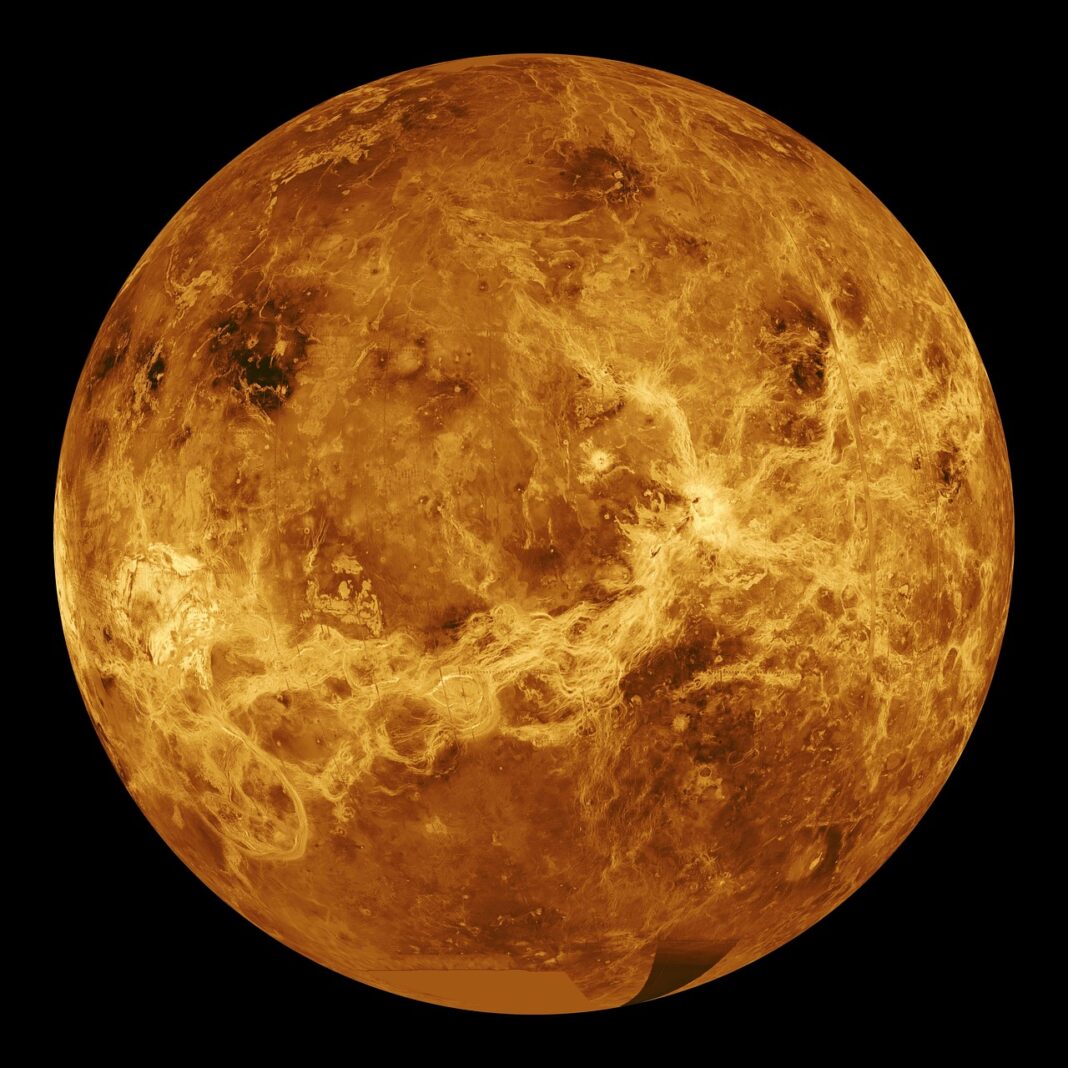We know that here on planet Earth, there are 365 days in a year. But did you know, that on Venus, a single day there is over a year here? It sounds crazy, but it’s true!
The Weird Science Behind Venus’ Day to Year Ratio
Venus is one of the most fascinating planets in our solar system. Its strange rotation is part of why it is. It takes Earth 24 hours to spin on it’s axis once. But for Venus, it takes a whopping 234 Earth days to do the same. That’s 5616 hours! Its slow rotation is what makes its “day” so short. Even weirder, it takes Venus 255 Earth days to orbit the Sun, which would make its days almost as long than its years!
A Backwards Spin: What makes Venus Unique?
And if you thought that wasn’t weird enough, get this; Venus spins backwards. Yep, you heard right. On Earth, the sun rises in the East, and sets West. On Venus, however, the Sun would rise on the West and set in the East. Scientists call this type of rotation retrograde motion, and they think that this is caused because of a massive collision billions of years ago or the gravitational pull of the Sun slowing Venus’ spin over time.

Surviving Venus: Dangerous Temperatures and Pressure
You may think that the slow, gentle rotation might make nice days, but Venus’ weather is anything but nice. Venus is covered by a thick blanket of dark clouds of sulfuric acid, and has temperatures high enough to melt lead! That’s about 475 degrees Celsius (about 900 degrees Fahrenheit). Its atmospheric pressure is also about 90 times stronger than Earth’s, meaning you’d be crushed by its weight if you stood on the surface. Scary!
Venus’ strange day-to-year ratio and its harsh conditions make it one of the most extreme places in our solar system. Even so, scientists are fascinated by the planet. Future missions aim to study Venus’ mysterious past and explore why it evolved so differently from Earth, despite being called our “sister planet.”
Space never ceases to amaze us with its mysteries. What’s your favourite fact about the planets in our solar system?
Sources:
- https://cen.acs.org/physical-chemistry/astrochemistry/What-can-we-learn-from-Venus/99/i11
- https://science.nasa.gov/venus/
- https://www.britannica.com/place/Venus-planet

